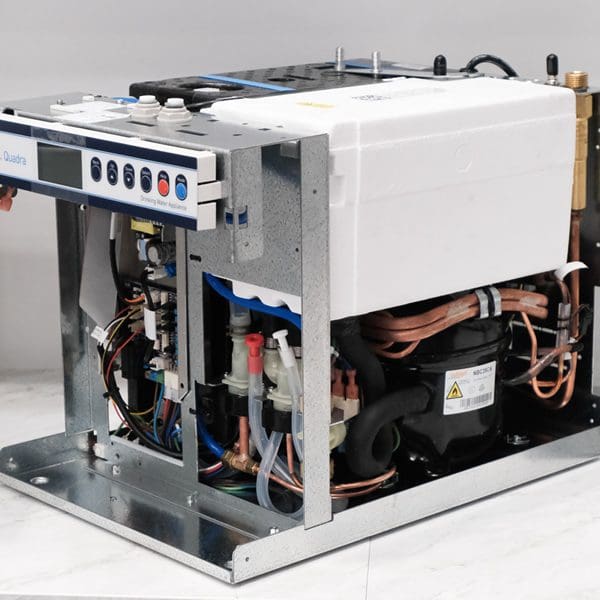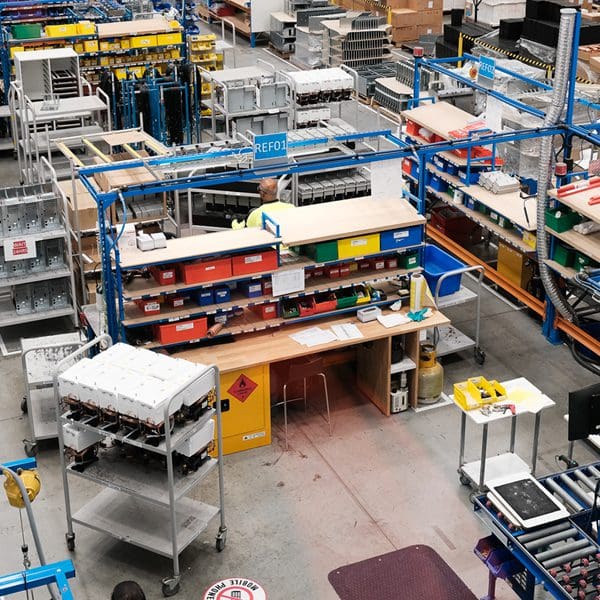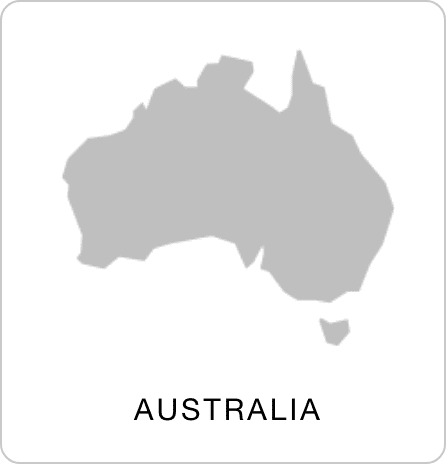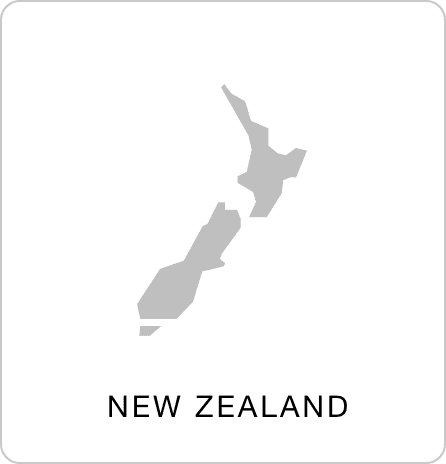Newest
Popular
Products
Can’t find what you are looking for, please call 1800 812 321 or email us on info@billi.com.au
Case Studies
Image Gallery
Fostering a sustainable supply chain with Billi and Polyfoam Australia
“Polyfoam produces hot and cold tank insulators from these materials for all insulated Billi Hot, Cold and Sparkling units.”
Matthew Connolly – General Manager, Polyfoam Australia.
Background
When Billi first engaged Polyfoam Australia to begin manufacturing insulation for the cold tank in the company’s first iteration of the Commercial Flagship Quadra models, nobody could predict just how the partnership would thrive over the coming years. Today, almost two decades on, Billi is at the forefront of the instant filtered boiling and chilled water systems industry, and Polyfoam Australia continues to manufacture Expanded Polystyrene and Expanded Polypropylene moulded insulation parts for Billi’s entire range.
“EPS – or Expanded Polystyrene – is used for its fantastic insulation and protective properties. EPP – Expanded Polypropylene – is a high-impact and high-temperature foam that allows for insulation of materials which achieve temperatures beyond boiling point,” explains Matthew Connolly, Victorian Sales Manager for Polyfoam Australia. “Polyfoam produces hot and cold tank insulators from these materials for all insulated Billi Hot, Cold and Sparkling units.”
In EPS and EPP moulding processes Polyfoam uses steam, heat, and a small amount of pressure to form the desired shape in a moulding machine and tool. Polyfoam expands the materials to required density, forms them to the desired shape and cools them before ejecting. Then, they are dried to cure to their final shape and quality inspected before being packed and shipped to Billi.
Over the years, Polyfoam has assisted Billi with nine moulded products and four cut-foam products for manufacturing and packaging. Billi, too, has regularly assisted Polyfoam in QA measures to nurture mutual confidence in each other’s offering. In fact, Polyfoam installed two new kitchen facilities in their plants in the past two years – and both use the Billi Quadra Chilled and Hot water units.
Challenge
However, there are many misconceptions about the role of foam in the supply chain – particularly around its recyclability and reuse potential. “Polystyrene is seen as a lightweight yet high-volume product,” explains Matthew. “And in spite of its advantages in lightweight insulation and protection, should polystyrene make its way to landfill, it will not degrade easily and can remain in the environment for 100 years or more creating a concern due to its significant volume.”
However, Matthew adds that what most consumers don’t understand is that EPS and EPP are actually 100% recyclable.
“They can be used over and over again if recycled correctly by a recycler such as Polyfoam who accept the material from the public at our facility.”
Solution
For Polyfoam, sustainable supply chain management is about finding new uses and developing unique ways to incorporate both EPS and EPP materials into custom moulded products.
“We are committed to recycling every piece of material which can be returned to us,” Matthew explains, adding that currently Polyfoam recycle 100% of EPS materials returned to their facility. For instance, Billi has a zone on the manufacturing floor where used EPS and EPP materials – both waste and excess packaging materials – are collated and regularly collected by Polyfoam for sorting and reprocessing at no extra cost.
“These materials can be crushed, compacted or even melted down depending upon the end use of the material,” Matthew says. “They go straight back into a number of other high-volume products, adding from 30% up to 100% recycled content, and they are predominantly used in the construction industry.”
“Polyfoam continues to investigate opportunities to utilise recycled content in customer based products not involved in the packaging of products,” Matthew adds. “In many cases this requires design changes to products to ensure that recycled content can be utilised in the future, and we are always mindful to incorporate this with products in development with Billi. Recycling of these foam materials is a newly started programme between the two companies and enables Billi to ensure almost all materials which were previously sent to landfill can now be recycled and remanufactured into new products.”
In addition, the group also develops extruded polystyrene sheet-based products made entirely from recycled materials. These products are becoming increasingly popular in a variety of applications, and can be cut to any size or shape.
Defined by shared values and commitment to sustainable manufacturing practices, the collaboration between Billi and Polyfoam Australia is a testament to the fact that creating sustainable solutions is a collective effort. And it demonstrates that creating long-standing relationships with the right partners can help rectify misconceptions about some of the most popular materials – and help advance a sustainable supply chain in the process.








